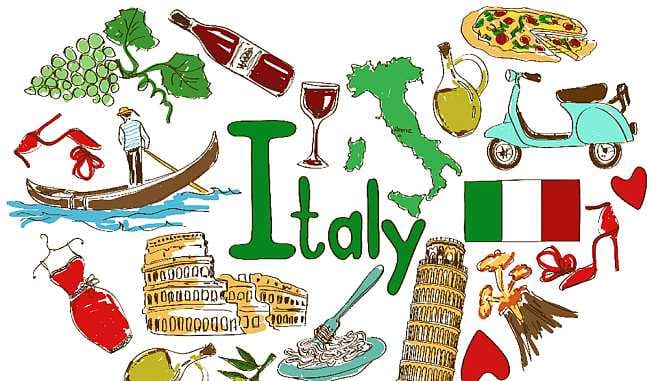
Italians are known for their passion, creativity and hospitality. But what makes them tick? How do they communicate, work and socialize? What are their values, beliefs and traditions? If you want to understand Italians better, whether for personal or professional reasons, here are some tips and insights that might help you.
1. Language and communication. Italians love to talk and express themselves with gestures, facial expressions and body language. They often speak loudly, fast and with emotion. They may interrupt each other, argue or disagree, but this does not mean they are angry or rude. They are just passionate and engaged in the conversation. Italians also value politeness and courtesy, so they use formal terms of address (such as Lei or Voi) when speaking to strangers, elders or superiors. They also greet each other with kisses on the cheek or handshakes, depending on the level of familiarity and intimacy.
2. Family and friends. Italians have strong family ties and often live close to their relatives. They may also have extended families that include cousins, aunts, uncles and grandparents. Family is the most important source of support, loyalty and affection for Italians. They often gather for meals, celebrations and holidays. Friends are also very important for Italians, who enjoy spending time with them in cafes, bars, restaurants or clubs. They may have different groups of friends for different occasions, such as school, work or hobbies. Italians are generally warm, friendly and hospitable to newcomers, but it may take time to build trust and intimacy.
3. Work and leisure. Italians have a reputation for being laid-back and enjoying life. They value quality over quantity and prefer to do things well rather than quickly. They may not always follow strict schedules or deadlines, but they are flexible and adaptable to changing situations. They also like to balance work and leisure, taking long lunch breaks, siestas or vacations when possible. They enjoy art, culture, music, sports and nature as sources of pleasure and inspiration. They are proud of their heritage and traditions, but also open to new ideas and influences.
4. Food and drink. Italians love food and drink as a way of celebrating life and sharing with others. They have a rich and varied cuisine that reflects their regional diversity and history. They use fresh, seasonal and local ingredients to prepare dishes that are simple but delicious. They also have a strong coffee culture, drinking espresso or cappuccino at different times of the day. They enjoy wine as a complement to food or as a social drink. They eat several courses during a meal, starting with antipasti (appetizers), followed by primo (first course), secondo (second course), contorno (side dish), dolce (dessert) and digestivo (after-dinner drink). They eat slowly and savor every bite.
5. Etiquette and customs. Italians have some etiquette and customs that may differ from other cultures. For example:
– When visiting someone’s home, bring a small gift such as flowers, wine or chocolates.
– When dining out, tip around 10% of the bill or leave some change on the table.
– When dressing up, wear stylish and elegant clothes that suit the occasion.
– When meeting someone for the first time, address them by their title (such as Signore or Signora) and surname until invited to use their first name.
– When in doubt, follow the lead of your Italian host or partner.
Understanding Italians is not difficult if you are willing to learn from them and appreciate their differences. Italians are generous, expressive and fun-loving people who can enrich your life with their culture and charm.




